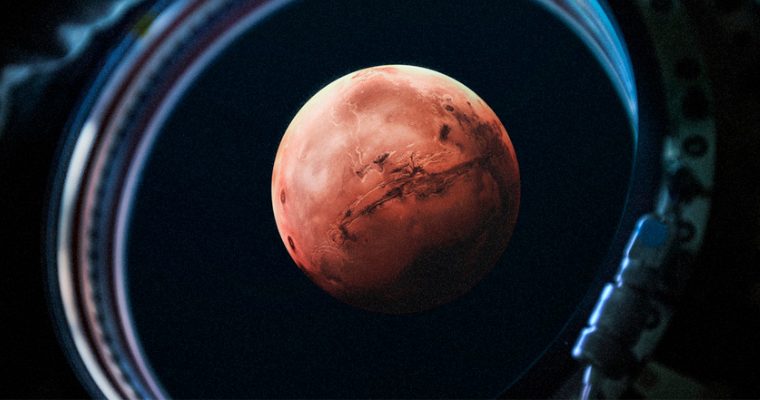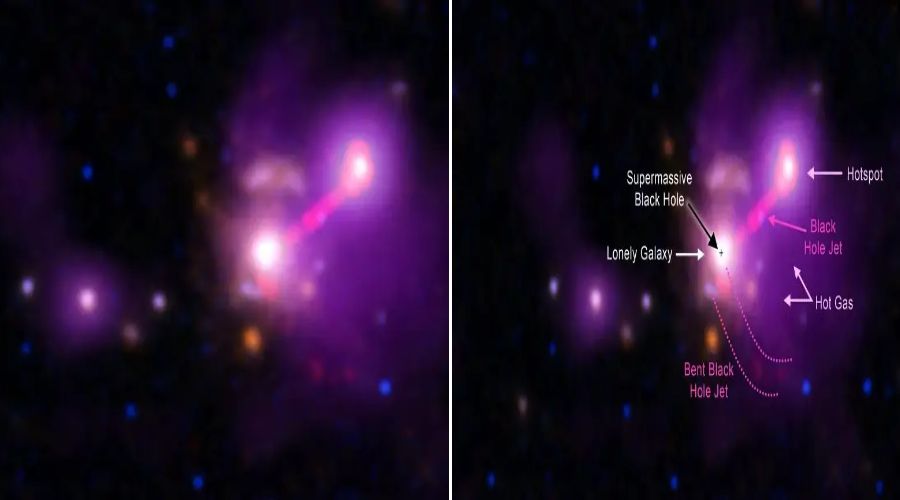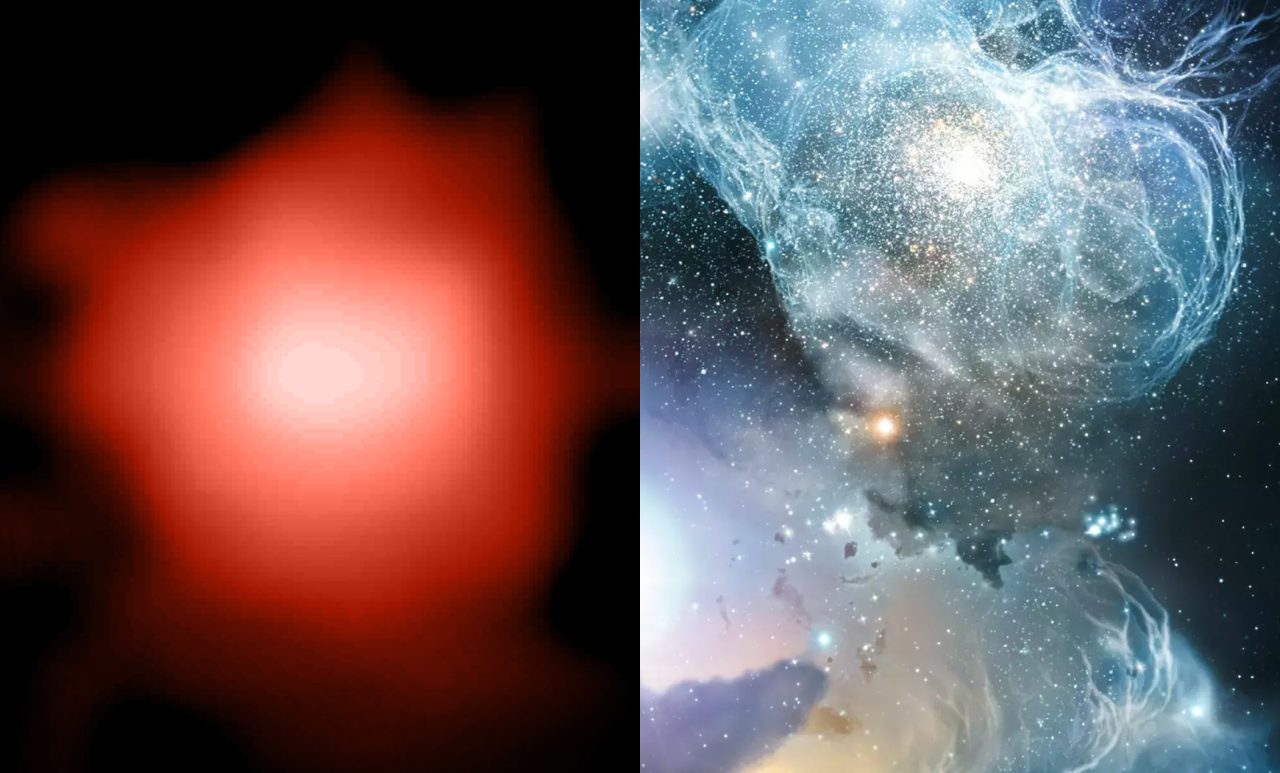Even though mathematicians have recently said it is possible, Warp Drive, which lets you travel faster than light, is still science fiction at the moment.
Or at least it was science fiction until DARPA-funded researchers accidentally found the world’s first warp bubble, the scientists report. It was found by a team from the Limitless Space Institute (LS) led by Dr. Harold G. “Sonny” White, who used to work at NASA and was an expert on warp drives.
“To be clear, our finding is not a warp bubble analog; it is a real, if small and humble, warp bubble,” White said in a statement, quickly putting to rest the idea that this is anything other than the creation of a real warp bubble in the real world. “…which is why it’s important,” he added.
The discovery was made during a project that had nothing to do with warp drives or Miguel Alcubierre’s theories from 1994, which were the first to show how warp technology might work. Instead, it happened while they were working on a project to study Casimir cavities and how they can be used to make energy.
Because of a huge coincidence, it took an engineer doing the research at the right time who was familiar with warp technology research and knew what he was looking at to realize that this totally unrelated research had created a warp bubble.
The effect that was seen wasn’t an analog or something similar to a warp bubble. Instead, it was a very small, very humble, real-life structure that fit Alcubierre’s research perfectly. In other words, it was a real-life warp bubble.

The first real warp bubble in the world…
Now, for the first time, we know what physical tools are needed to make a real warp bubble. This means that warp field theory has moved from being crazy science fiction to something we can build in the real world with tools and technology we already have. That’s really cool!
Most people know what warp drive is because they’ve seen it on Star Trek, but right now our spaceships can only go as fast as the laws of Einsteinian physics allow. To make your ship move faster, you have to throw something in the opposite direction of the way you want to go. In the history of aviation and aeronautics, this meant burning fuel and sending a strong physical reaction out the back of the ship. The problem with this method is that you will run out of things to throw at some point.
Einstein’s equation about special relativity still applies to your ship. It says that as you get closer to the speed of light, more and more of the energy you use goes into increasing your own mass, until you reach a point where you can’t go any faster no matter how much energy you put in, and you never quite reach the speed of light. By the rules of physics, you can’t speed up faster than light because the more energy you put into your ship, the heavier it gets, and when it gets too heavy, you can’t do anything else with it.
The Alcubierre warp bubble is a cool idea that makes things interesting. Einsten’s equation can be avoided by putting a warp bubble around the local Euclidean space your ship is in and pushing the bubble instead of the ship. It still works inside the warp bubble, but in theory, the bubble can move faster than light without breaking any physical laws.
“While doing analysis for a DARPA-funded project to look at how the dynamic vacuum model predicts the structure of the energy density in a Casimir cavity, a micro/nano-scale structure was found that predicts a negative energy density distribution that closely matches the Alcubierre metric.” And that, in turn, gives us a chance to learn more about warp fields and how they might be used in the future. Now that warp drive is on the table, scientists can start to look into what it could do.
The warp bubble seen is, however, very small. We’re talking about things on the nanoscale, and they were made by studying negative energy with Casamir cavities and taking advantage of some of the strange quantum physics effects of these odd structures. Even though this is just the beginning, it gives us the chance to learn more about warp bubbles and Alcubierre’s equations.
Because, as things turned out, Alcubierre was right.








